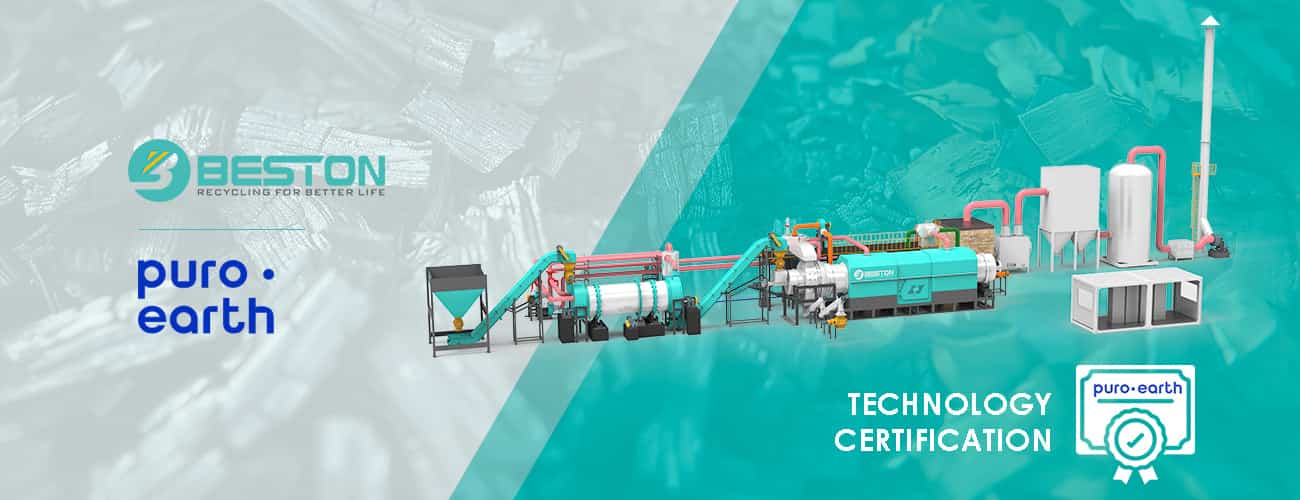


Why Biochar Production Equipment Should Be Certified by a Carbon Removal Platform
In the fight against climate change, biochar is emerging as a powerful solution for carbon sequestration. As more industries seek sustainable practices and carbon-neutral operations, biochar production equipment is becoming increasingly important. However, simply producing biochar is not enough. To fully unlock its climate potential and credibility, obtaining certification from a recognized carbon removal platform is crucial. Here’s why:
Biochar is a stable, carbon-rich material made from biomass pyrolysis—a process that heats organic material in the absence of oxygen. When applied to soil, it can:
Improve soil fertility
Retain water and nutrients
Reduce methane and nitrous oxide emissions
Most importantly: store carbon for hundreds to thousands of years
This makes biochar not just a soil amendment but a nature-based carbon removal technology.
Carbon removal platforms like Puro.earth, Verra, and Carbon Standards International provide independent verification of carbon sequestration projects. They ensure:
Transparency in reporting
Accuracy in measuring carbon removal
Adherence to environmental and ethical standards
Proof of Environmental Impact
Certification verifies that your biochar production equipment produces high-quality biochar that meets carbon removal standards. It proves that you’re not just claiming sustainability—you’re demonstrating it scientifically.
Market Access and Trust
Buyers of biochar and carbon credits want assurance that the products they’re investing in are credible. Certification opens access to carbon credit markets, investors, and international buyers who demand third-party verification.
Higher Revenue Potential
Certified carbon removal can be monetized through carbon credit trading, creating an additional income stream for producers. Without certification, biochar’s carbon value cannot be recognized in global markets.
Regulatory Readiness
Governments are increasingly integrating carbon accounting into policy and subsidies. Certification aligns your equipment and operations with future regulatory frameworks.
Brand Differentiation
In a growing and competitive market, being certified sets your product apart. It signals quality, reliability, and climate responsibility—enhancing your reputation and attracting climate-conscious customers.
For biochar producers and equipment makers, certification typically involves:
Documenting feedstock sources and pyrolysis conditions
Measuring the carbon stability of the produced biochar
Tracking production volumes and application methods
Undergoing third-party audits and lifecycle assessments
Investing in certification early can help streamline operations, improve efficiency, and ensure compliance with emerging standards.
Biochar production equipment plays a key role in scaling carbon removal technologies. But without certification from a recognized carbon removal platform, its full climate benefits may remain unrecognized and undervalued. Certification is more than just a badge—it’s a gateway to transparency, trust, and long-term success in the green economy.
